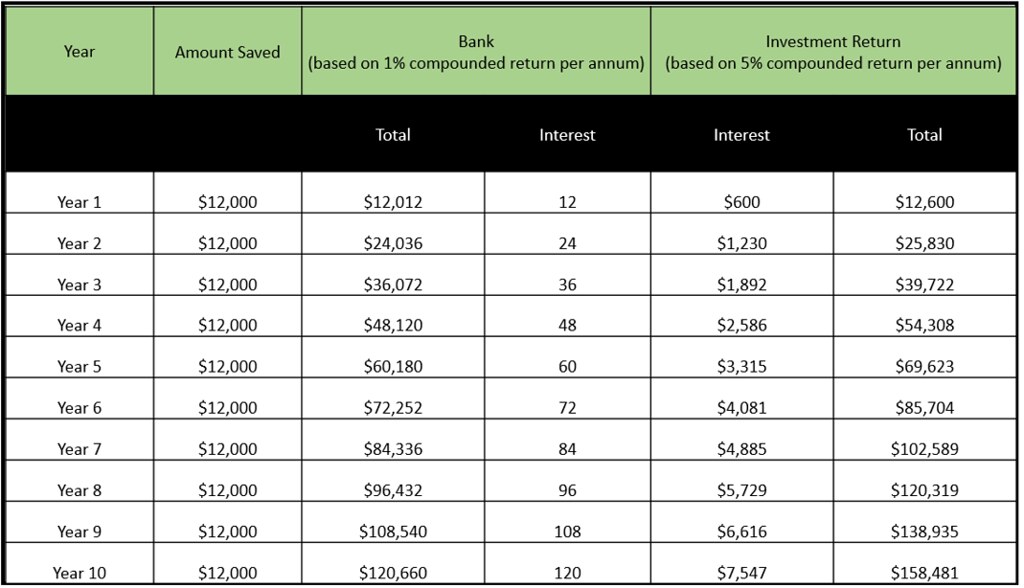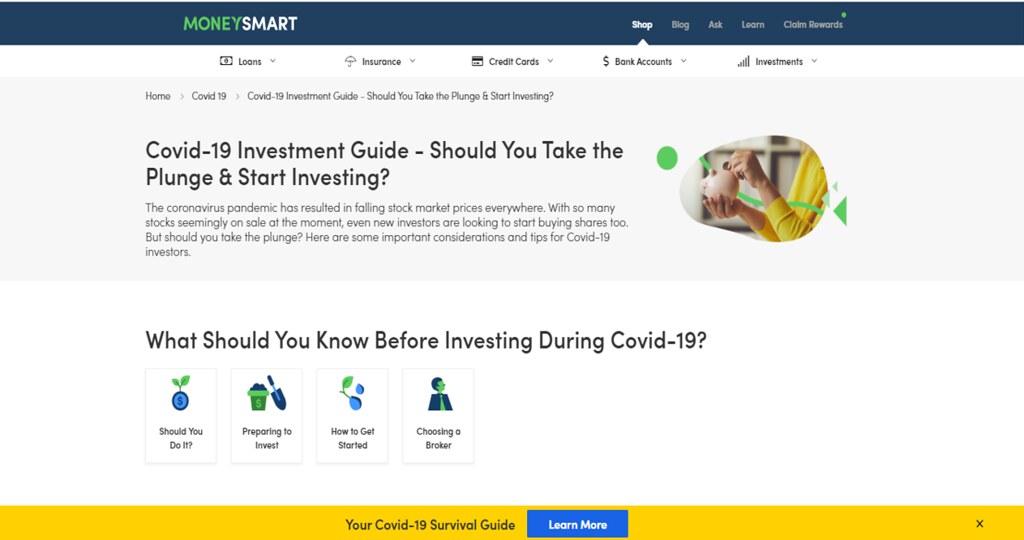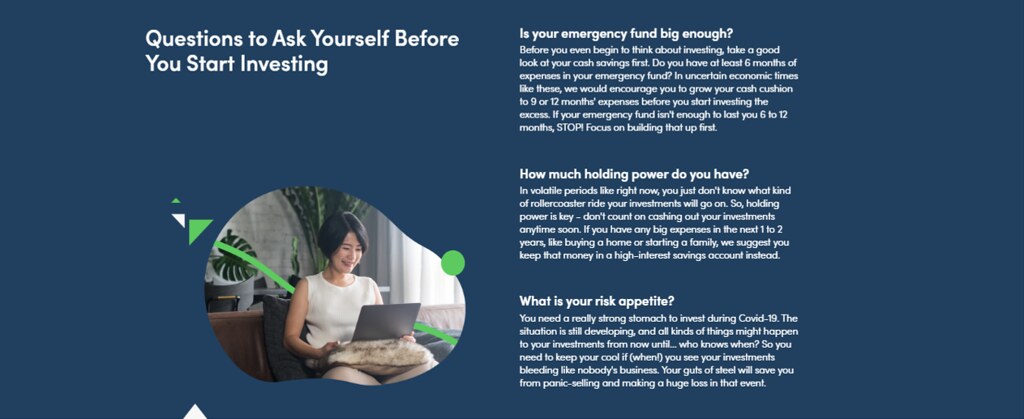Since the COVID-19 pandemic made a widespread impact around the world with the outbreak situation worsened rapidly, Singapore too, is not spared. According to news report, Singapore is heading towards its worst-ever recession in nearly two decades as the economy continues to feel severe strain from the COVID-19 pandemic.
The current situation here in Singapore amid COVID-19 times is, well, pretty grim for many of us. As essential businesses shut down and the country debates difficult years ahead, more Singaporeans have been impacted financially – furloughs, job losses and pay cuts. With no clear date of when things will return to normal and no easy prospects of finding further employment at this time, many are starting to worry about their financial situation.
Your financial health is important, just like your physical health. Doing a reality check to find out where your money is going and assessing how much you have (after scraping every option and minimizing expenses) can help you determine what adjustments you need to make in your life.
Questions like “How can I afford my bills?” and “How can I make ends meet?” are becoming all too common. With the pressure weighing heavily on you and finding yourself struggling financially, weighing your options on taking up a personal loan may not be a bad idea. Use in the right way, a personal loan can come in handy in managing your cash flow. Before taking it up, it is important to understand there are 2 situations where applying for a personal loan is not only a good idea, but might actually save you from further debt:
You are overwhelmed by high-interest debt
Credit cards are ubiquitous in our society. With the convenience of tapping into ‘future money’, it is tempting to spend as and when we want. However, when used unwisely, we will face the brunt of astronomical interest rates (up to 26% per annum!) when credit card bills are either left unpaid or only settle by minimum payment every month.
Consolidating and repaying such high-interest debt is one of the single best uses for a personal loan. The interest rate on a personal loan is far lesser than the interest rate on a credit card. By borrowing a personal loan to pay back your credit card debt, it makes more sense and relieve a lot more stress from you.
When some say comparison is the thief of joy, it is not exactly true.
For someone who is saddled with high-interest debt, he will never know how much he can save until a search for the best personal loan interest rates for 2020 at MoneySmart reveals the pleasant surprise.
Of course, you will need to make sure you have a healthy credit rating so that you can qualify for a personal loan to make the consolidation worth your time and effort.
You are in need for an emergency fund
Emergency fund gives you a much-needed buffer in the event something significant happens financially that you cannot quick come back from. Some examples include:
#1 Medical Bills
Medical emergency is one such event that can cripple your finances when a loved one, who is not sufficiently covered by insurance, is in need of medical care. The staggering healthcare costs in Singapore is something we cannot overlook and one can be prepared to shell out a lot of money for such expenses.
#2 Home Repairs
It is bad enough to be cooped up at home during the COVID-19 lockdown. Imagine spending warm and stuffy days at home plagued with air conditioner problems, it is certainly an experience you do not want to repeat. A personal loan could give you a much needed respite.
#3 Helping Out Someone in Need
Helping out your loved ones or someone floundering in deep water financially can be an event you can’t ignore. Be it for a medical reason or helping someone to tide through difficult moments in event of retrenchment could go a long way.
Getting a personal loan in Singapore is one way to meet your emergency needs – be it emergency medical bills, air conditioner repairs, or a financial misstep. With emergency funds, time is of the essence and it is always good to know there are personal loans in Singapore with the fastest approval and cash disbursement you can tap on.
A personal loan may not be for everyone
Taking on debt in the form of a personal loan comes with making a conscious decision. Before you take the leap, remember these golden rules:
- Don’t borrow more than you can repay (Be certain that you have the ability to pay off the debt in full)
- Don’t borrow to splurge on your ‘want’ (A want is temporal, while a need is essential)
- Timely and regular repayment (Disciplined payment habit helps you to avoid late payment charges)
These pointers from MoneySmart sums up the understanding on personal loan. That being said, you should take up a personal loan only when you absolutely NEED to.
The ideas expressed in this blog should not be construed as an enticement to buy or sell securities, commodities or assets. The accuracy or completeness of the information provided cannot be guaranteed. Readers should carry out independent verification of information provided.









